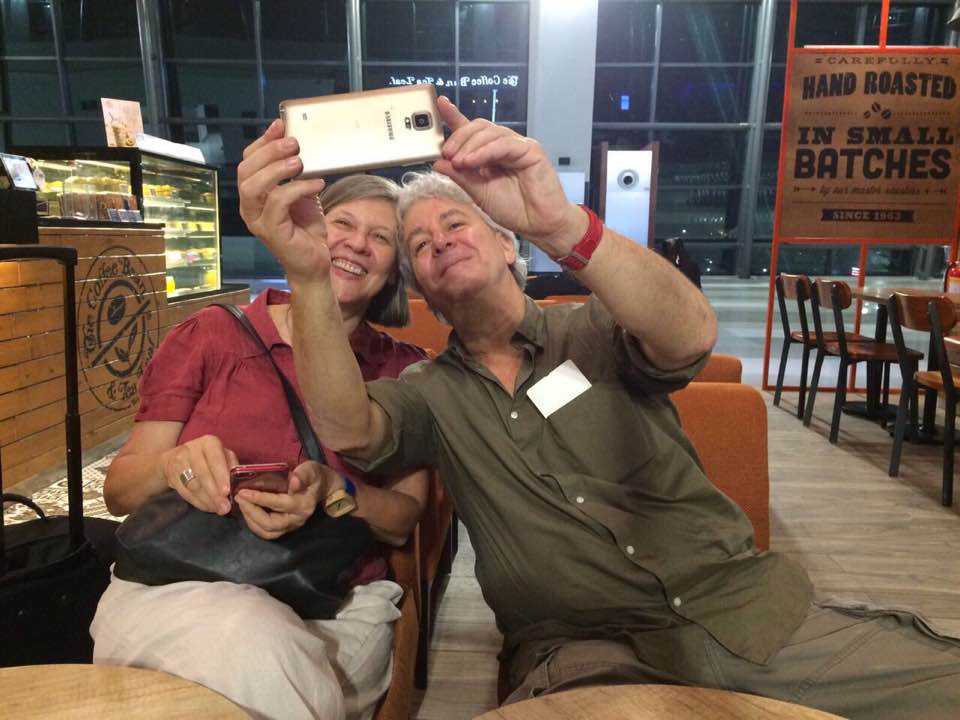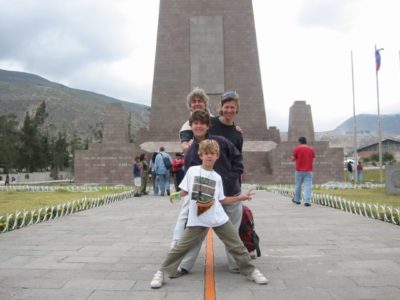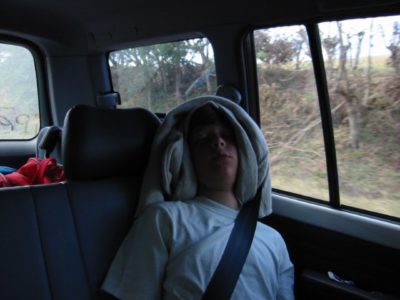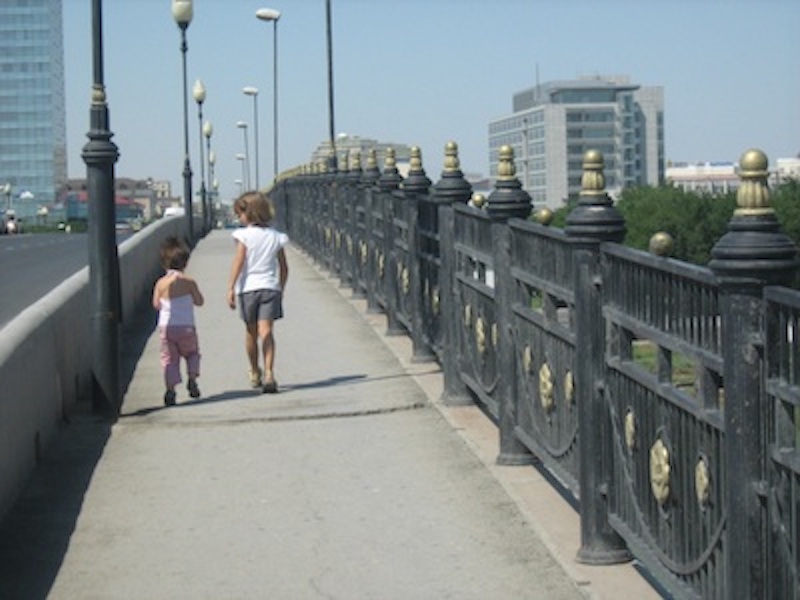
Living abroad without children is a very particular experience. In this article Claudiaexpat reflects on what it means to move from a family posting to one without children.
I have written extensively about the fact that my experience in Jakarta did not enthuse me as much as previous postings did. I had given myself many reasons for this, ranging from Jakarta’s ‘hardship’ status, not very conducive to cultivating human relationships, to the health problems I experienced during the period I spent there. What I had forgotten to analyse is that this was my first posting without children.
 This fact in itself did not cause me big problems. Like everyone else, I went through the powerful metamorphosis of adapting to the empty nest. Transitioning to no longer having children in one’s daily life, after years of maintaining the center of gravity around them because they needed us, is something that can be achieved neither quickly not smoothly. In its beauty (because there are so many payoffs) and in its complexity, this process is, in my experience, one of the most intense in a person’s life.
This fact in itself did not cause me big problems. Like everyone else, I went through the powerful metamorphosis of adapting to the empty nest. Transitioning to no longer having children in one’s daily life, after years of maintaining the center of gravity around them because they needed us, is something that can be achieved neither quickly not smoothly. In its beauty (because there are so many payoffs) and in its complexity, this process is, in my experience, one of the most intense in a person’s life.
What I had not considered in depth, though, is how much living abroad without children weighs on the quality of life in our new country, and also on the relationship we develop with it. These are five aspects I was able to translate into words when I stopped to reflect on why my Indonesian experience was so different from the others:
We see the world through our eyes only
Living abroad as a family is a marvelous adventure because it puts us in the constant position of looking at the country through the eyes of our children. Their vision and their adaptation process make us discover things we would not have considered otherwise. They open our minds and hearts to different kinds of difficulties and conquests and allow us to penetrate facets of the new country that an adult eye hardly grasps. I would probably have had a softer perception of machismo in Latin cultures had I not seen the discrimination my son suffered in Peru because he did not play football.
We lose a channel of knowledge of the local culture
On arrival in a new country, each family member has, or creates, a privileged channel to get to know the new culture. Children, who immediately start attending schools, return home with a series of stories and adventures that reflect to a greater or lesser extent facets of the local culture. It was also through my youngest child, who one day, while we were traveling in Nicaragua, told us to be careful of the sunrays behind the clouds because that was “the eye of God who sees and punishes everything“, that we realized how deeply rooted religion was in Honduran culture.
We lose allies in the experience
Though more vulnerable, our children remain allies and a source of support in the experience abroad. They are there when we go through the first moments of adaptation, when we analyze the strangeness of the new country, or when we pay the price for not understanding how we have to get about. I’ll never forget the “strategic sessions” I had with my children in the car, taking them back home from school, in which we discussed how to deal with all the school requirements about the uniform (socks had to be white and of a specific length, which we never quite understood), which seemed so alien to us.
We lose a channel of socialization
Even if living abroad without children gives us a lot of free time to create new socialization channels, school remains in my opinion one of the richest and most effective ways to get in touch with both local and foreign people, and to find a realm of activities as well as a microcommunity to belong to. In Jakarta, school was the centre of many expats’ universe. The mothers I knew were very involved in the activities organized by their children’s school, and came into contact with an incredible world of different nationalities, customs and issues. Wherever I lived with my children, I was always involved with their school – either as parents’ representative for their class or helping in the organization of events of excursions. This was a perfect way to meet dozens of interesting people of all nationalities.
We travel and discover in different ways
Traveling alone with your better half is beautiful and also very enjoyable after years of traveling with the whole family. Still, it is undeniable that the whole organization as well as the flavour of excursions inside our host country and in neighbouring countries changes dramatically when we no longer have to take into account the needs, desires and routines of our little ones. Maybe it is thanks to them that we have discovered things that now, as a mature couple, we do not even dream of taking into consideration, like a visit to a cocoa plantation in Guatemala or to the Museo de la Grandona, a quirky museum in Nicaragua which only exhibited two pieces: La Grandona (a huge papier-mâché lady – the patron of Léon) and her equally huge husband.
This is no big deal, of course. While we adapt to living abroad without children, the relationship with them, as they become adults, autonomous and bring different things to the family experience, changes and gets richer. It is a phase of mobile life, like many others. And I am happy that, as always, Expatclic is here to welcome our feelings throughout the process.
Claudia Landini (Claudiaexpat)
Written in Indonesia, April 2018
Revised in Italy, October 2018
Photos ©Claudiaexpat





